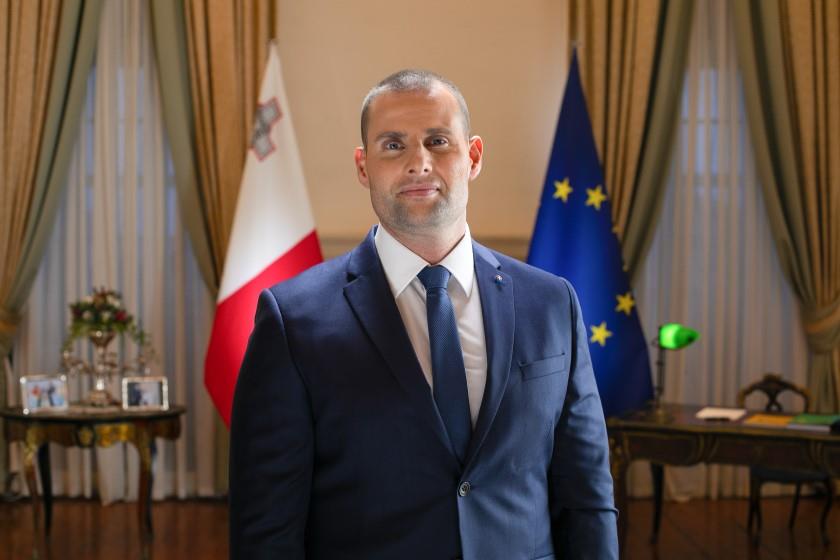
Everyone is free to change one’s mind, but there is a chasm between what Robert Abela wrote as a law student in his thesis more than 20 years ago, and what he is practising today.
Since taking office as Malta’s Prime Minister, Abela has been highly critical of the judiciary several times in what many interpret as an attempt to influence their decisions. As head of the executive, he has used his position to put pressure on them – which is what he was so adamantly against when he was writing up his thesis.
His latest target – which he has criticised for months – is the magistrate who conducted the inquiry into the Vitals deal the government reached in 2015, which has now led to charges being filed against, among others, former Prime Minister Joseph Muscat, former minister Konrad Mizzi, former minister (now Central Bank Governor) Edward Scicluna, and the current deputy prime minister Chris Fearne.
He has accused Magistrate Gabriella Vella of delaying tactics and that she timed the conclusion of the inquiry to coincide with the European Parliament Elections. As head of the executive, Abela has accused the magistrate of trying to cause harm to Labour’s electoral aspirations. Justice, he said, must be carried out without motives behind it.
But, in the conclusion of his thesis, which he submitted in 2002, Abela had written, and emphasised too, that “a judge must be free from political or other pressures”.
It was certainly a different frame of mind that the one he endorses today.
Abela had also noted, in his thesis conclusion, that judges (and, we presume, also magistrates) should be free from “political and other pressures”. This also “applies also to the judicial process which must be free at every stage from interference by the Executive branch of government in order that justice is not only done but is also seen to be done”.
These words are written twice, as if to underscore them. They can be found in the abstract as well as the conclusion, and normally are considered to be salient points by the author, in this case Abela.
It should be noted that in the conclusion, Abela also highlighted in bold the words “at every stage”, which adds to the weight that Abela wanted to give them.
Now that he is the head of the executive, Abela is behaving rather differently from the conclusion he had reached in his thesis, which had been entitled “Judicial accountability and impeachment”.
To mark the irony, this part of Abela’s thesis was also quoted during a protest held by students in front of the law courts on Monday, where they called on the PM to refrain from attacking the judiciary.







